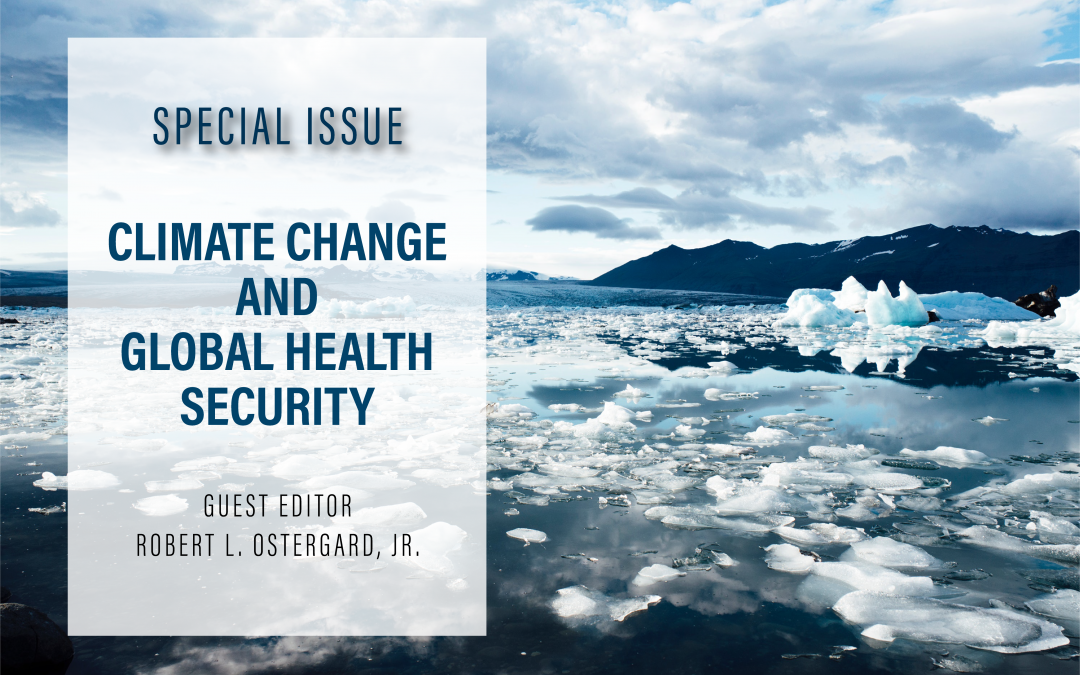By Yara M. Asi
The needs of fragile and conflict-affected states (FCAS) are usually framed in terms of humanitarian or security aims. As a result, health security in FCAS is poor. Yet in the background of these competing forces is the approaching threat of climate change. This paper will evaluate the impact of climate change on health security related issues in FCAS. I will first assess how environmental trends may impact the health outcomes of the civilians in FCAS using state-level data. Next, I will describe the barriers that limit FCAS from addressing their health and climate change risks. Lastly, I will outline policies that can be undertaken in the absence of political settlement to protect civilian health security from the threats of climate change.

